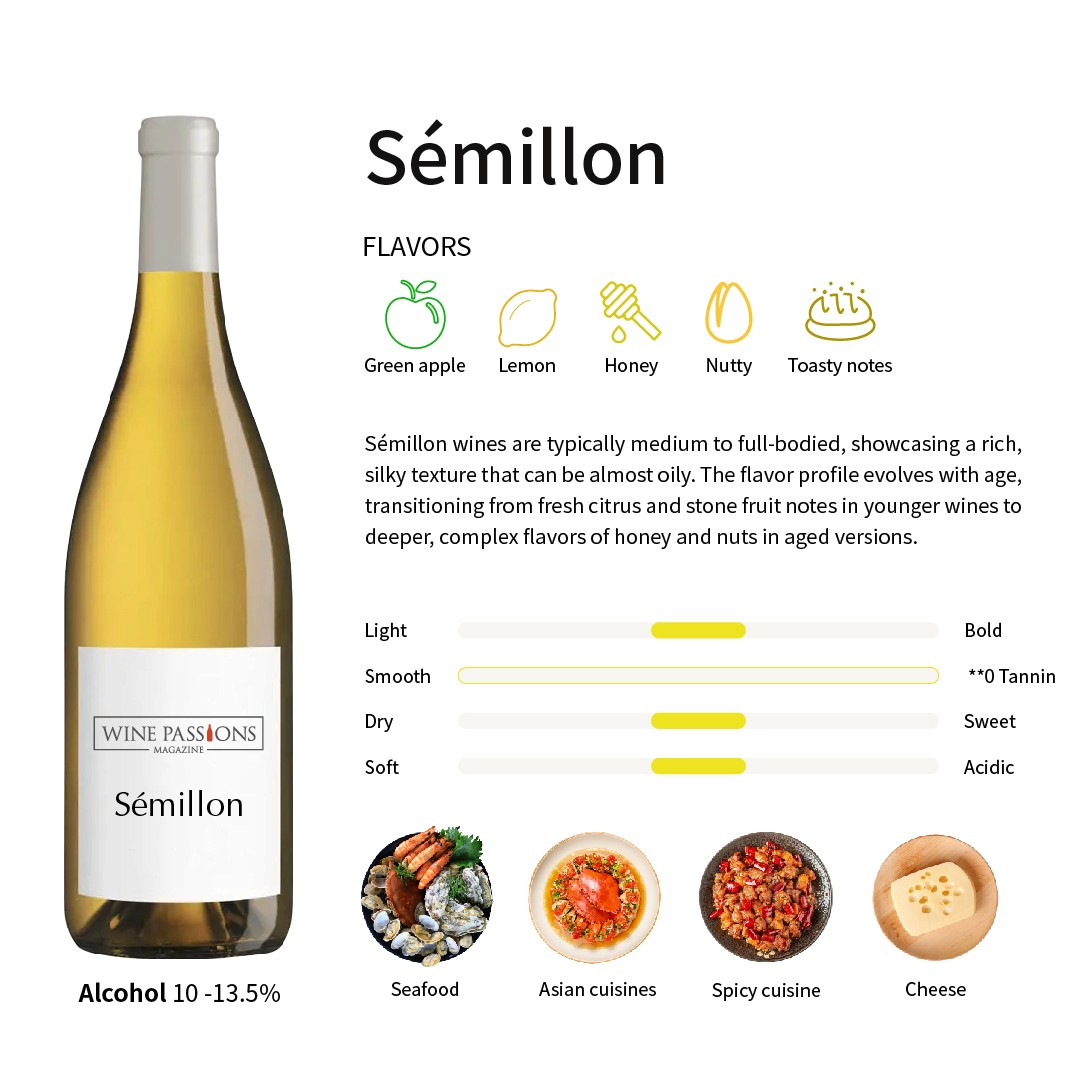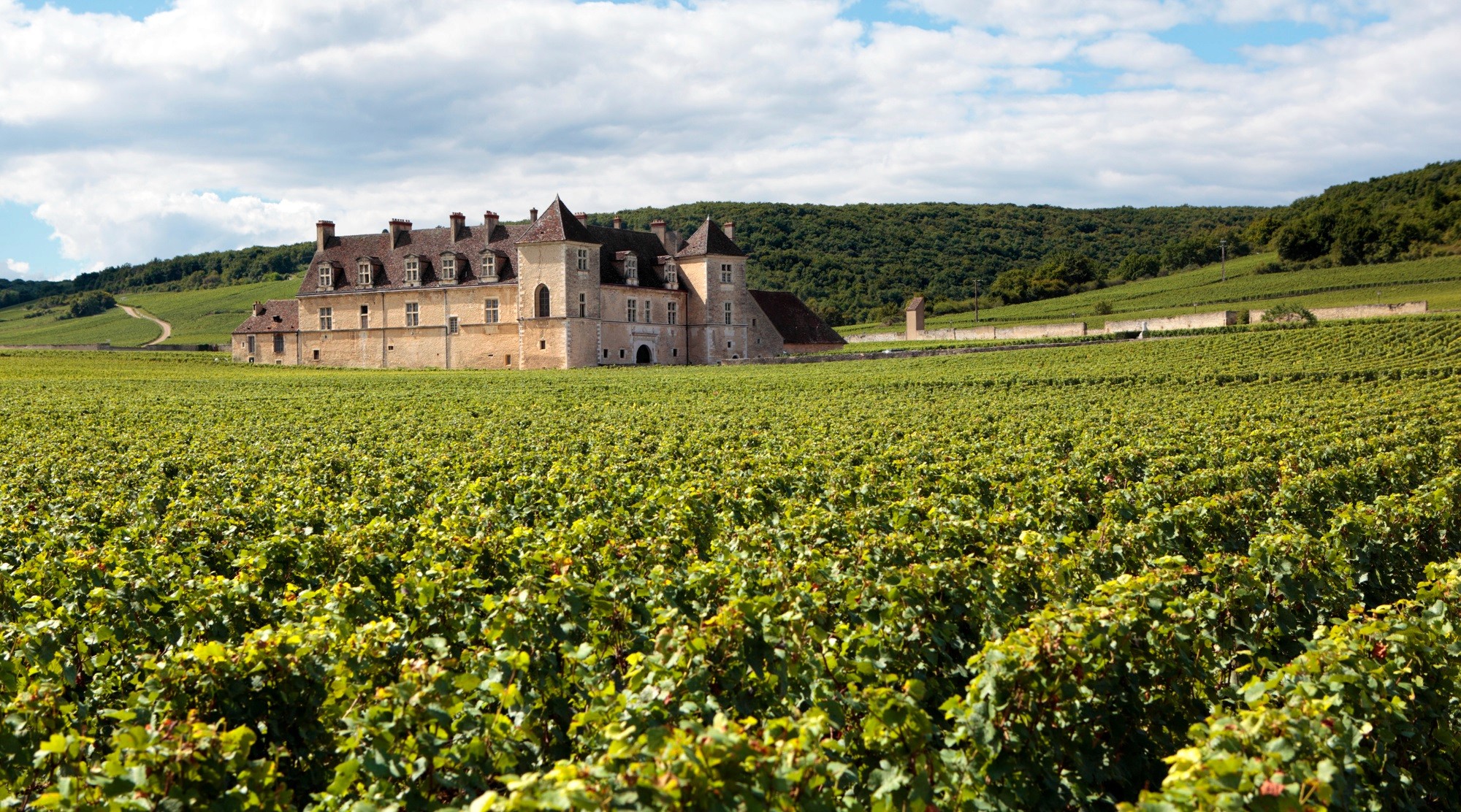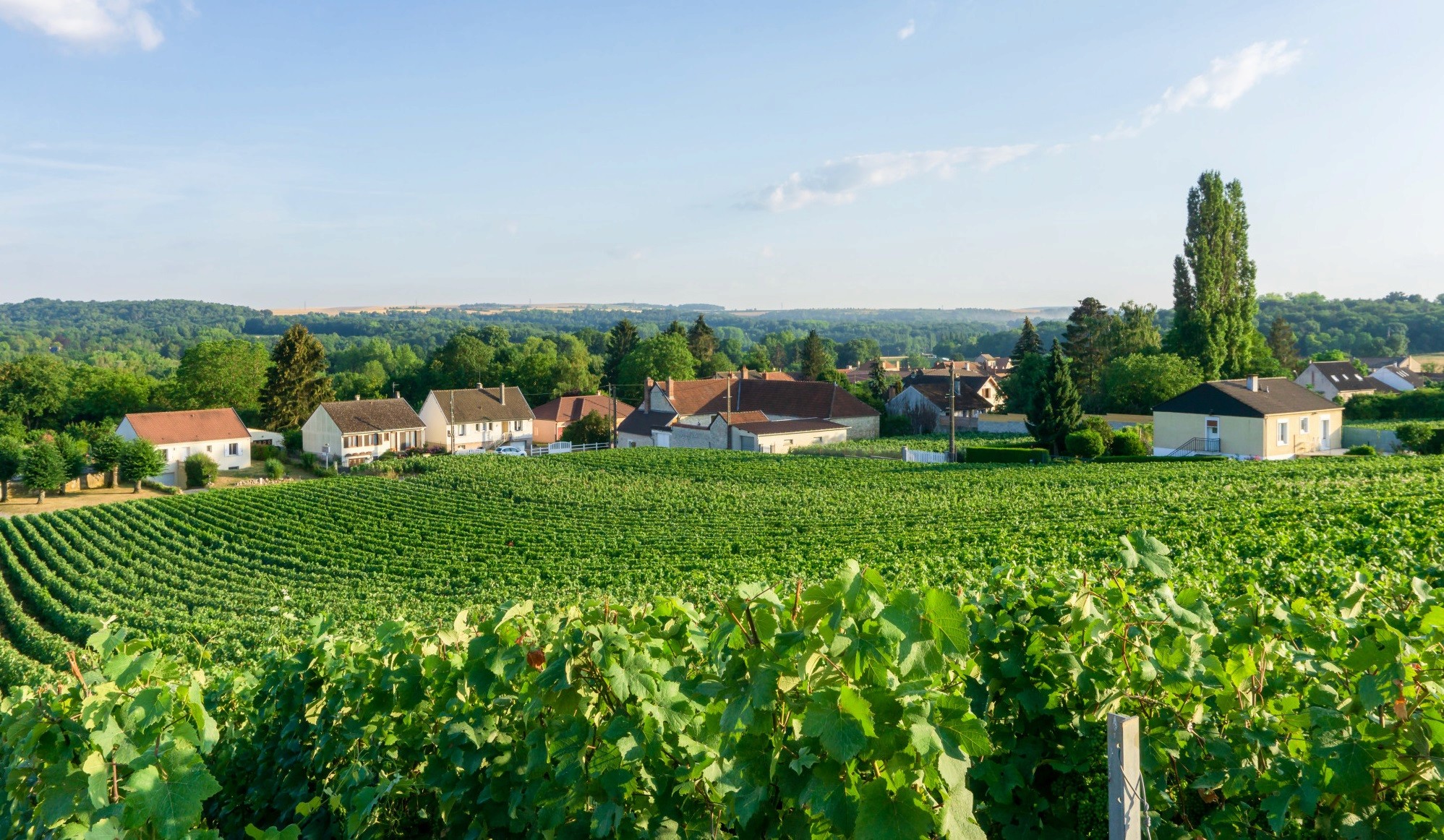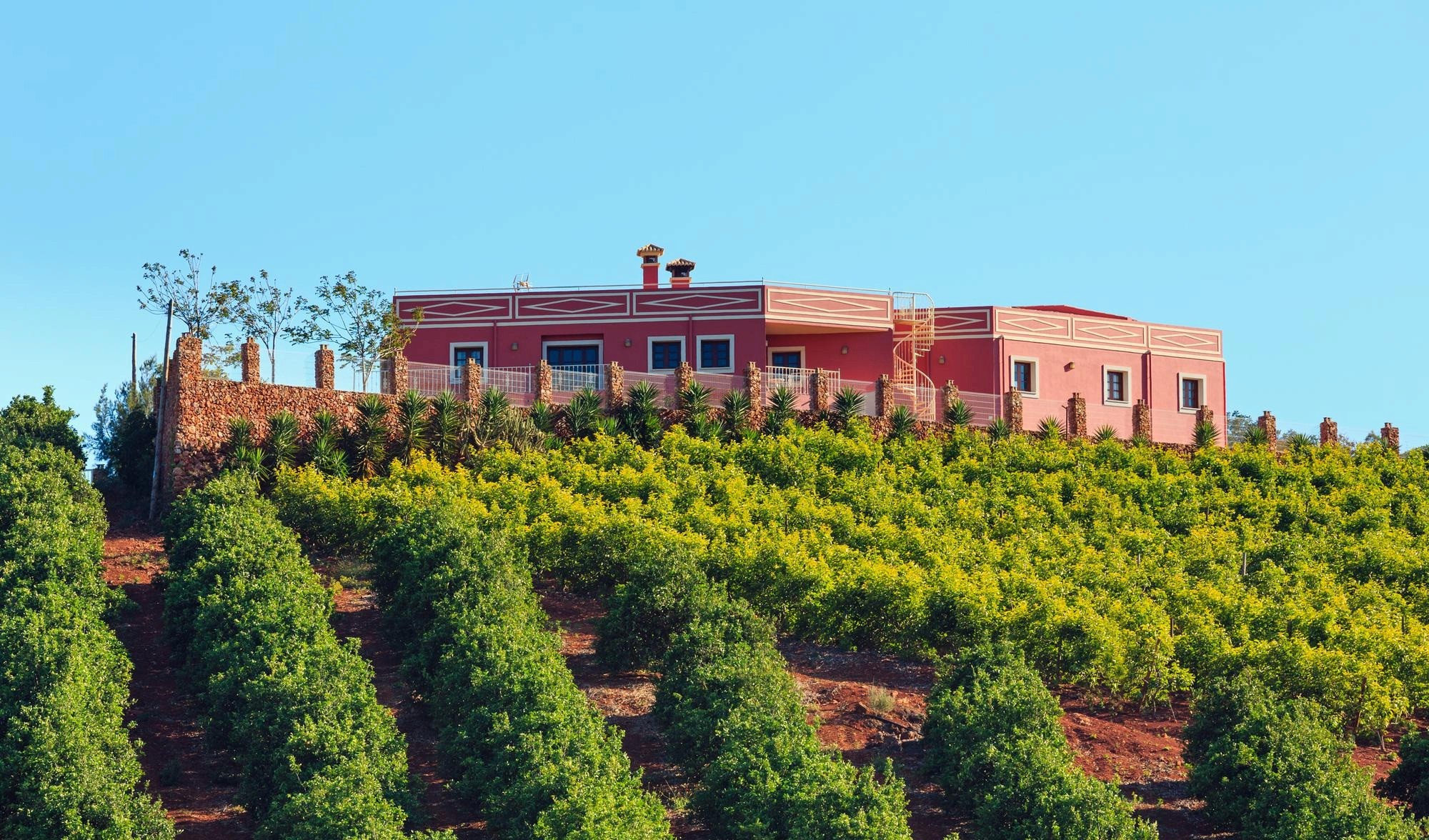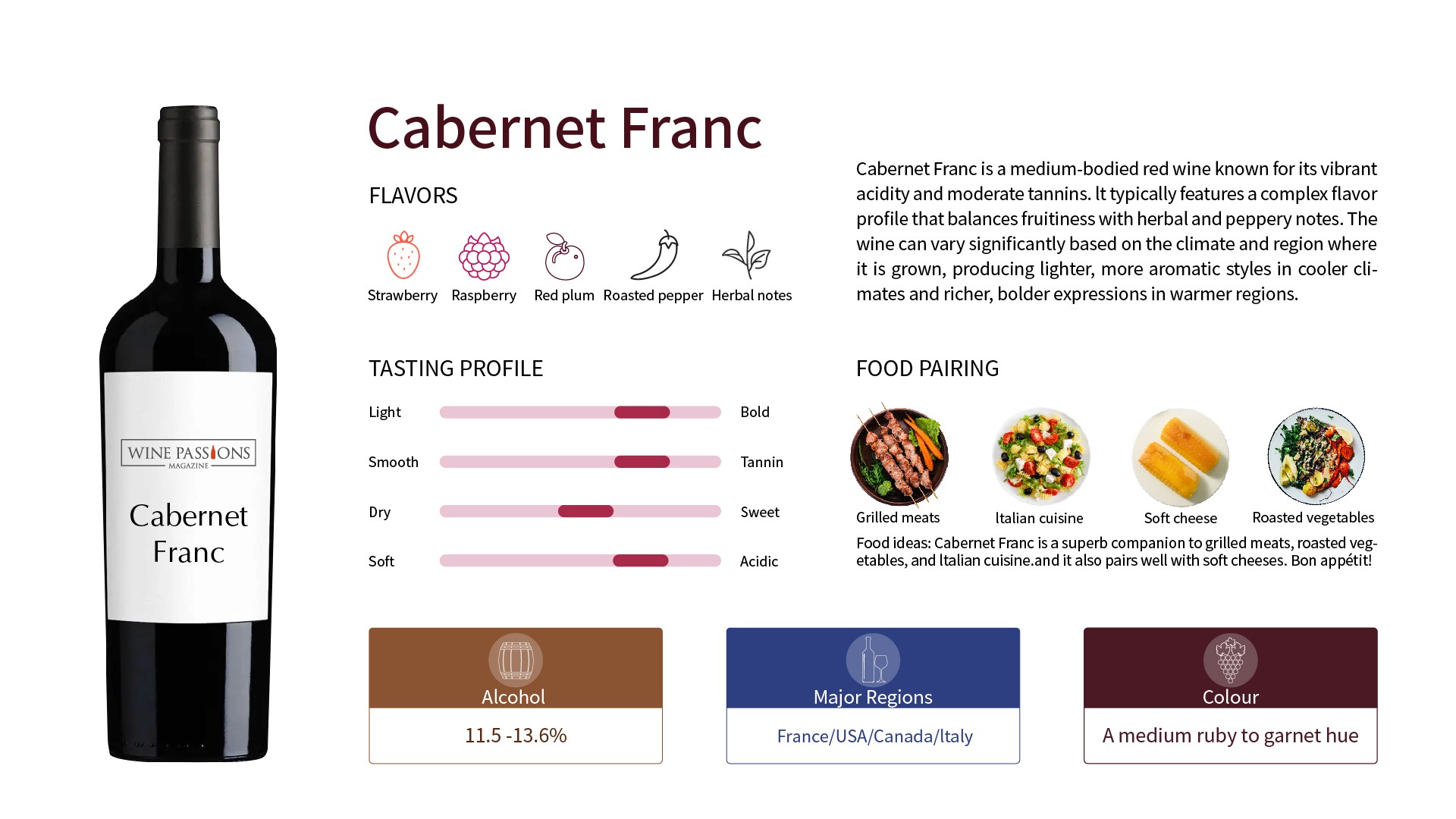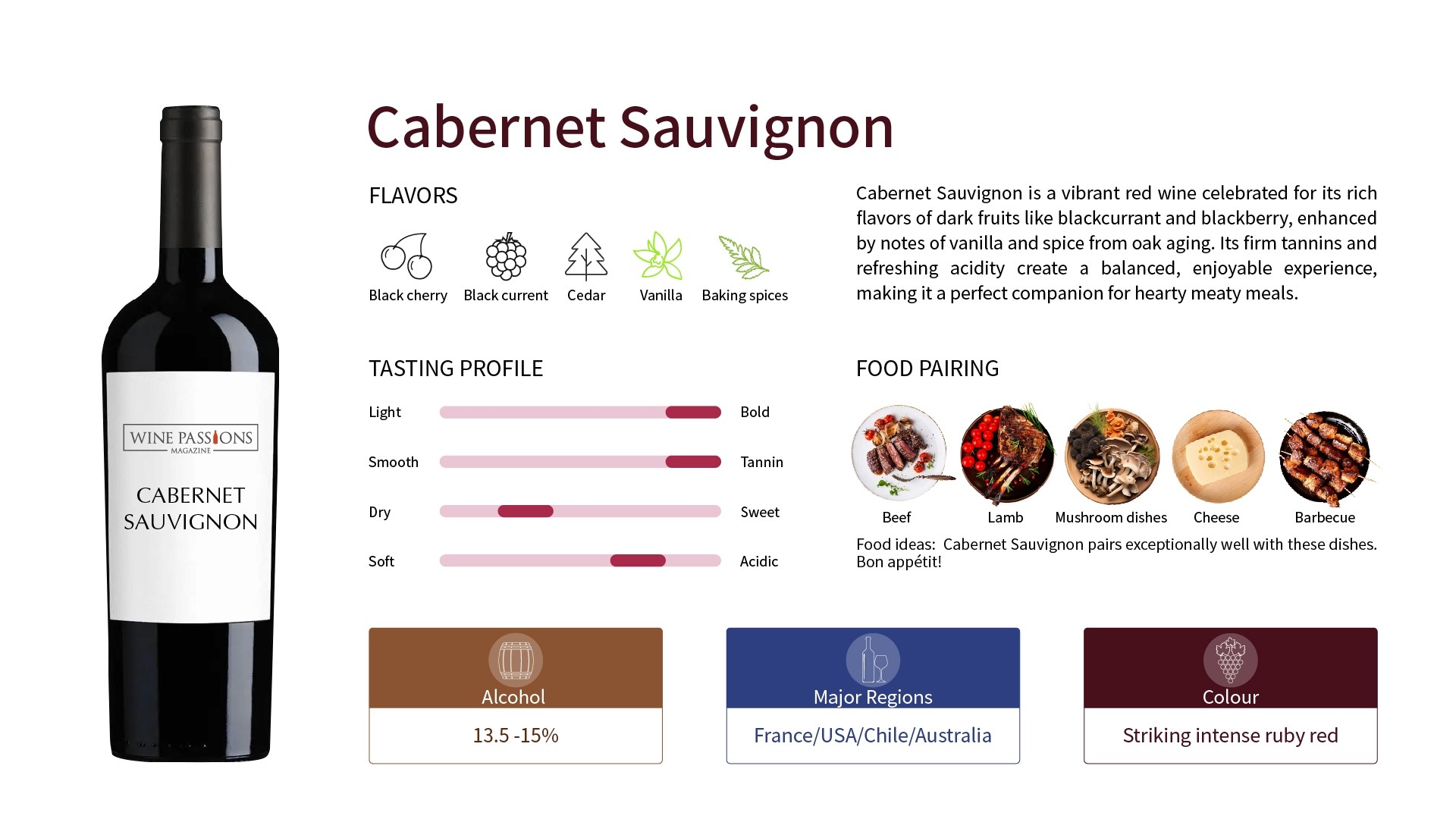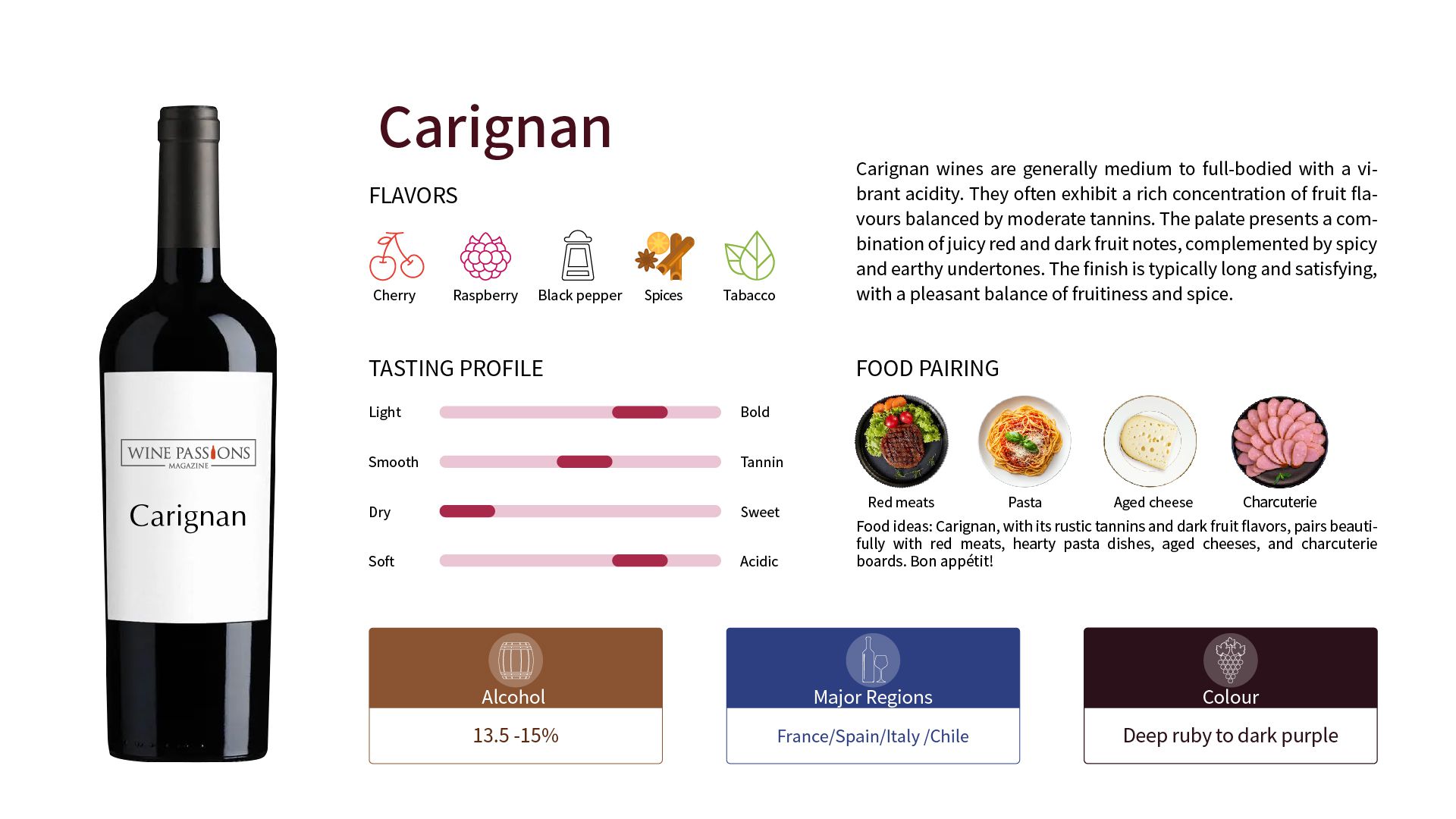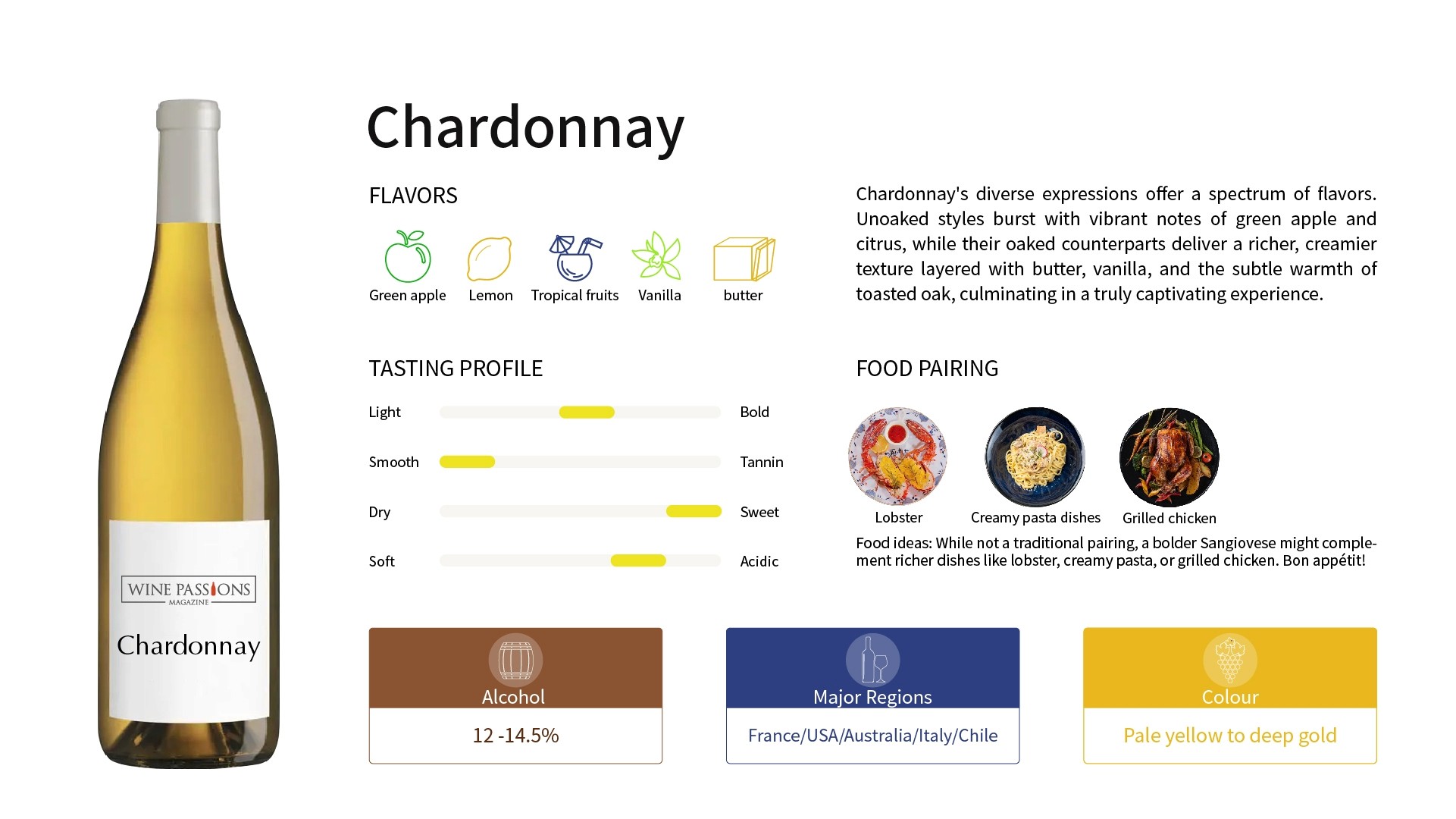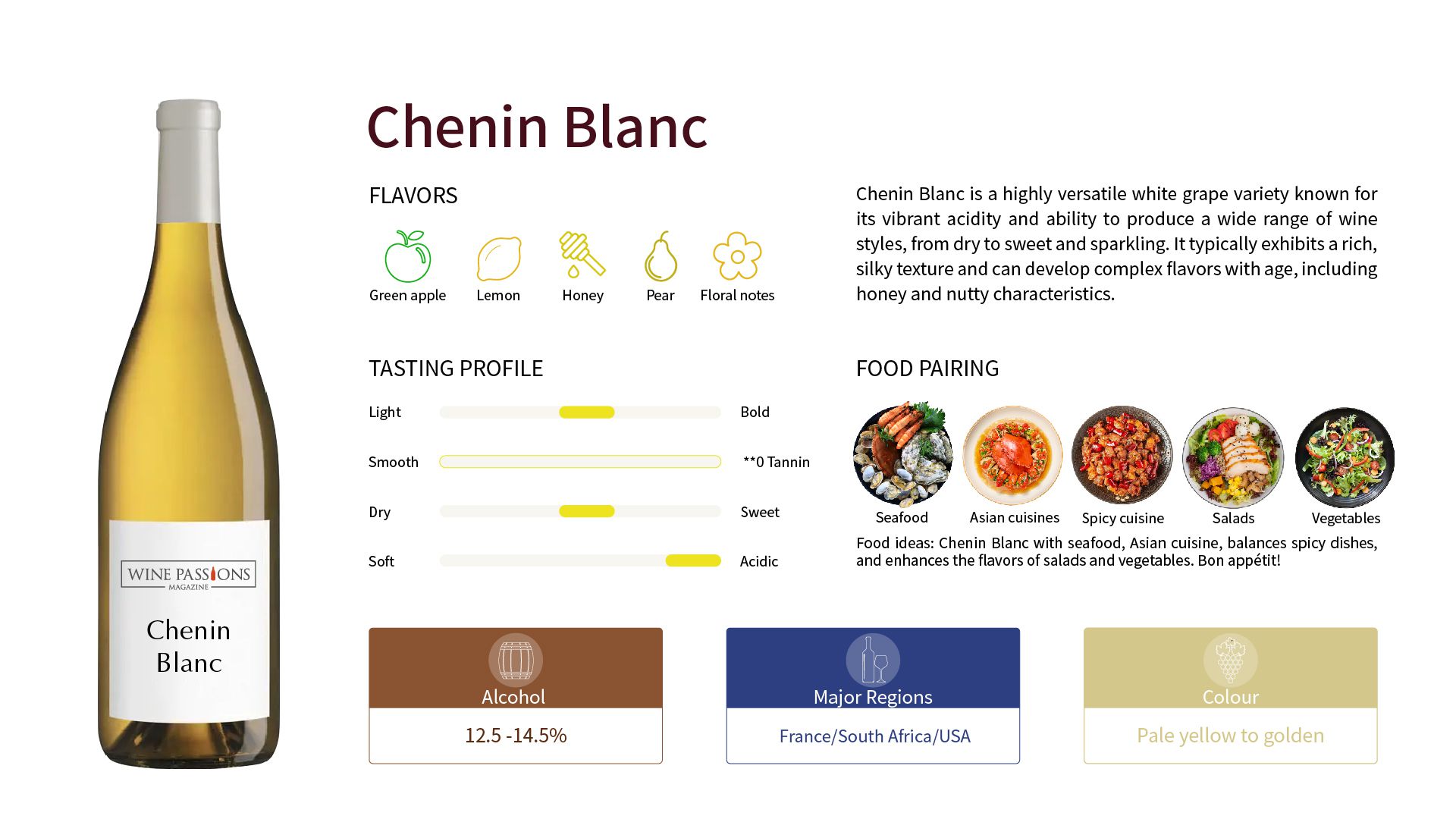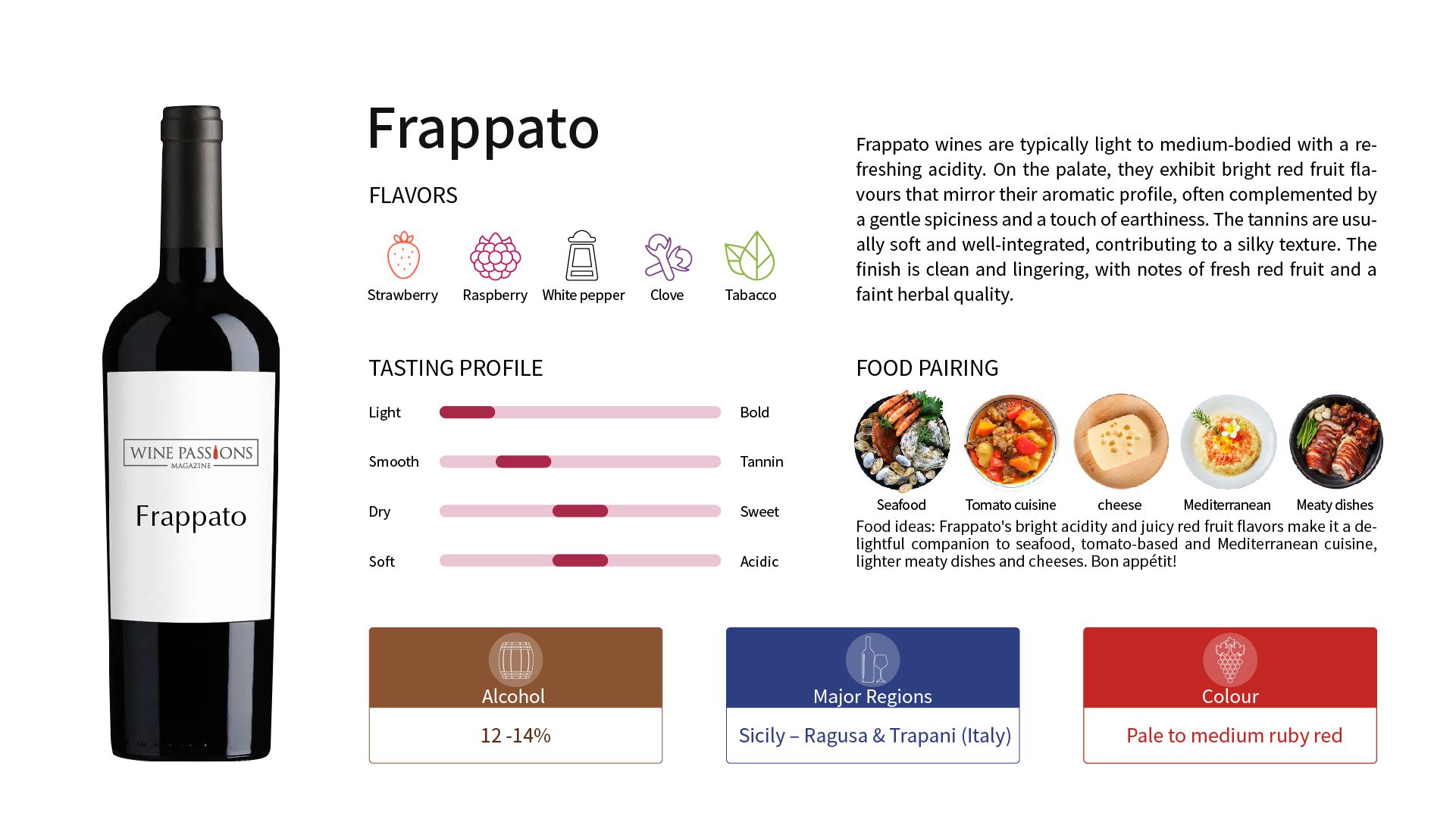Cabernet Franc
Background and Origins
Sémillon is believed to have originated in the Bordeaux region of France, which is its most famous terroir. Historically, Sémillon played an important role in the production of sweet wines in Bordeaux, particularly in regions like Sauternes and Barsac.
With the influence of French immigrants, Sémillon has also gained widespread cultivation and recognition in places like Australia, especially in the Hunter Valley, renowned for its unique dry style. Over time, this grape has shown a diversified face, not limited to sweet wines but also capable of producing high-quality dry white wines.
Reasons for the Popularity of Sémillon
Diverse Flavor Profile: The flavor range of Sémillon is extensive, from fresh lemon, apple, and fig to the ripe flavors of honey, nuts, and spices. This diversity allows Sémillon to adapt to different climates and soil conditions, producing various styles of wine. Whether dry or sweet, Sémillon can offer a rich and layered palate that appeals to all types of wine lovers.
Excellent Aging Potential: Sémillon is one of the few white grape varieties that can enhance its flavors over time. When aged in the bottle, Sémillon develops a more complex flavor profile, showcasing rich aromas like honey, toasted almonds, and malt. This makes it particularly beloved by many wine collectors who are willing to store it for the long term.
Versatile Pairing Charm: With its moderate acidity and round mouthfeel, Sémillon is an ideal choice for pairing with a variety of foods. Whether it’s seafood, white meat, or spicy dishes, Sémillon easily fits into various dining scenarios, adding depth to the meal.
Flexibility in Winemaking Techniques: Sémillon can showcase different flavor characteristics depending on the winemaking methods employed. In the Bordeaux region, it is often blended with Sauvignon Blanc to enhance the wine's structure and acidity; while in Australia’s Hunter Valley, it is common to see it produced without oak aging to maintain the fresh fruit aroma and high acidity. This flexibility gives Sémillon a competitive edge in the global market.
Flavor Characteristics of Sémillon
Fruit Aromatics: Young Sémillon typically exhibits aromas of lemon, peach, apple, and fig; as it ages, these fruit notes evolve into riper honey and toasted almond scents.
Spices and Honey: Mature Sémillon may display complex aromas of vanilla, nuts, and beeswax, enhancing its roundness.
Texture: Generally has a medium to full body, with a smooth or slightly oily mouthfeel, and moderate acidity.
Main Production Regions of Sémillon
Bordeaux, France: Particularly known for the Sauternes and Barsac regions, famous for producing high-quality sweet wines.
Hunter Valley, Australia: Renowned for its dry Sémillon, with wines from here typically being fresh, high in acidity, and suitable for aging.
South Africa: This region has also begun producing quality Sémillon wines and is gradually gaining market attention.
Chile: An emerging region with potential, favored for its excellent value.
Famous Sémillon Wines
Château d'Yquem: A sweet Sémillon from Sauternes in Bordeaux, France, it is a benchmark in the minds of wine enthusiasts worldwide.
Tyrrell’s Vat 1 Hunter Semillon: A classic from the Hunter Valley in Australia, renowned for its remarkable aging ability.
de Bortoli Noble One Botrytis Semillon: Rich and sweet, this botrytis dessert wine has won numerous awards in international competitions.
Handling and Tasting Methods
Tasting Temperature: It is recommended to taste it at 7-13°C
Tasting Glass: White wine glass
Aeration Time: Usually does not require aeration, but for aged wines, it is recommended to aerate for about 30 minutes to release hidden aromas.
Aging Potential: 5 – 10 years
Food Pairings
Sémillon pairs well with a variety of foods, including:
Seafood dishes, such as grilled scallops or seafood risotto
Asian flavors, such as spicy Thai dishes or Chinese ginger-scallion crab
Cheese platters, such as Brie or blue cheese paired with sweet Sémillon
Desserts, such as raspberry mille-feuille or tiramisu
